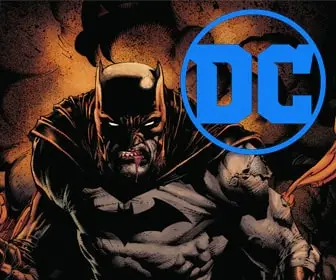
Fantastic Four #52: The Dawn of Black Panther
In the annals of comic book history, certain issues stand out as milestones, and “Fantastic Four #52,” released in July 1966, is undoubtedly one of them. Published by Marvel Comics, this iconic issue is renowned for introducing the world to the Black Panther, one of the most significant and influential characters in comic book lore. Let’s delve into the significance and impact of this groundbreaking issue.

The Birth of the Black Panther: “Fantastic Four #52” marks the first appearance of T’Challa, the Black Panther, the king and protector of the fictional African nation of Wakanda. Created by Stan Lee and Jack Kirby, the Black Panther was the first black superhero in mainstream American comic books, a landmark in representation and diversity in the genre. His debut was not only a bold move in terms of storytelling but also a significant step forward in terms of cultural significance in the comic book world.
Plot and Narrative: The story begins with the Fantastic Four receiving a mysterious invitation to visit Wakanda, leading them into an encounter with the Black Panther. T’Challa initially tests his abilities against the team, showcasing his prowess and advanced Wakandan technology. The narrative weaves themes of trust, diplomacy, and technological marvel, setting the stage for the Black Panther’s future as a superhero and an ally of the Fantastic Four.
Artistic Mastery and Impact: Jack Kirby’s artwork in this issue is noteworthy for its dynamism and innovation. His depiction of the advanced African nation of Wakanda was ahead of its time, blending futuristic technology with cultural elements. The visual storytelling in “Fantastic Four #52” added depth to the narrative, bringing the world of the Black Panther to life with vivid detail and imagination.
Legacy and Influence: The introduction of the Black Panther in “Fantastic Four #52” had a lasting impact on the comic book industry. T’Challa’s character broke stereotypes and offered a new kind of hero, one with deep cultural and political significance. The issue paved the way for more diverse characters in comics and highlighted the medium’s potential for addressing social issues.
Denouement: “Fantastic Four #52” is more than just a comic book; it’s a historical artifact that reflects a turning point in comic book storytelling and representation. The issue’s legacy continues to resonate in the world of comics and beyond, reminding us of the power of the medium to inspire and effect change.
Closing: As we look back on “Fantastic Four #52,” we are reminded of the ever-evolving nature of comic books and their ability to reflect and shape our society. This issue stands as a testament to the enduring power of storytelling and the importance of diversity in the world of comics.










